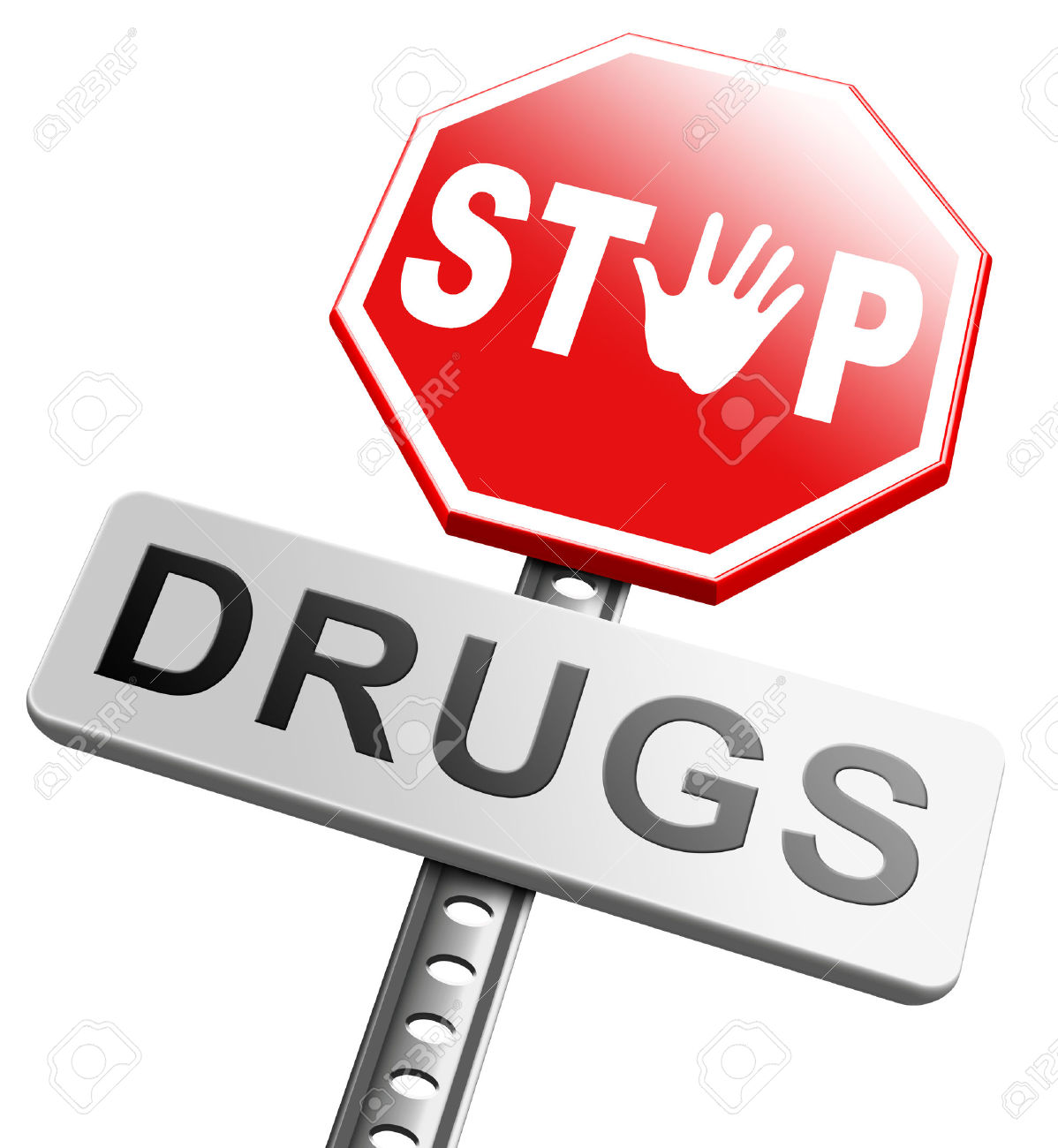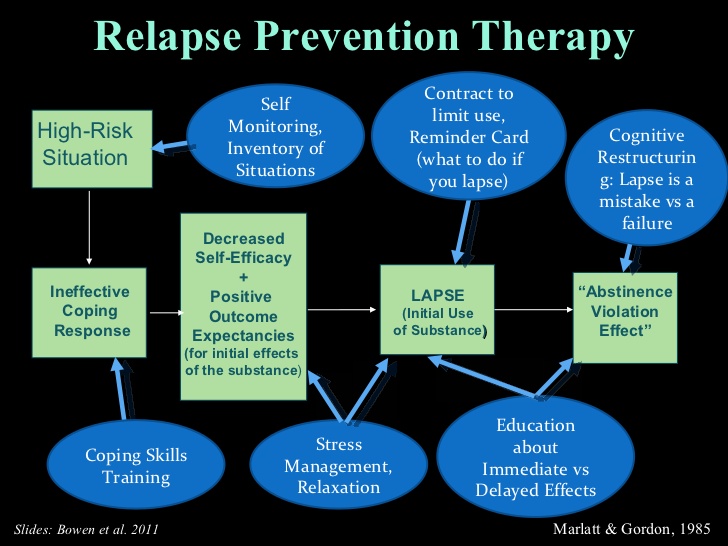Challenging relapse experience during recovery

Challenging relapse experience during recovery when defeated makes patients even much committed to the recovery program
Challenging relapse experience during recovery: The process is never easy
When we said that addiction recovery process isn’t easy you can appreciate that from the story of this client. Having been on treatment, she is now facing all the challenging relapse experiences. And in her own words she says that, “the next thing that came in my mind now that am that weak is to go online hoping to connect with people who might be able to help but no luck there. I ended up reaching out to the guy whom I had dated shortly for like a week before I move to another town. As fate would have it, he had also been kicked out of his house around the same time and had left the state. But he missed me a lot and wanted to come back. Because I needed company of a friend, I requested my mother if my “boyfriend” could stay with us for a while and like a loving mother to her only daughter she agreed. So he hopped the first plane over here. And that’s how my real life started, I suppose.”
I ended up marrying that guy and having a child and then divorcing him almost immediately and now we are working things out or whatever. But the most important thing is that we don’t do heroin any more. And we don’t use needles. We are both well aware of the pain and the consequences of the drug. Still we seem to have different views. I feel like there is a junkie living in my head and it will never go away. For this reason, I think of myself as forever an addict and I don’t trust that I will turn down a shot if offered. He claims to feel no desire for the drug at all but he was not as hard into it as I was. He didn’t even know how to shoot up on his own; I remember at some point I had shot him up a few times and clearly he wasn’t as much an addict as I was. That may be good for him but I will never rid myself of that voice in my head, my inner junkie. She is locked away in the back of my mind but she is always screaming and begging to be let out. There’s always that suggestion of just one time. Just one hit for fun this time. I’m in control because I have chosen to. Those are some of the challenging relapse experience during recovery.
Challenging relapse experience during recovery: Cold turkey heroin
Finally, if you ask me what cold turkey heroin withdrawal does to a person, I will tell you that it searches deep within the reaches of your mind for any shred of hope and joy or anything resembling such and destroys it completely, killing it brutally and mercilessly. It leaves you just as a shadow of your former self. And for some, it never ends. In some form or another, it stays with you for life. That is why doctor Dalal Akoury founded AWAREmed Health and Wellness Resource Center to help you cope with all these withdrawal challenges. You can call doctor Akoury today to book for an appointment with her for a more professional recovery treatment process.
Challenging relapse experience during recovery: The process is never easy







